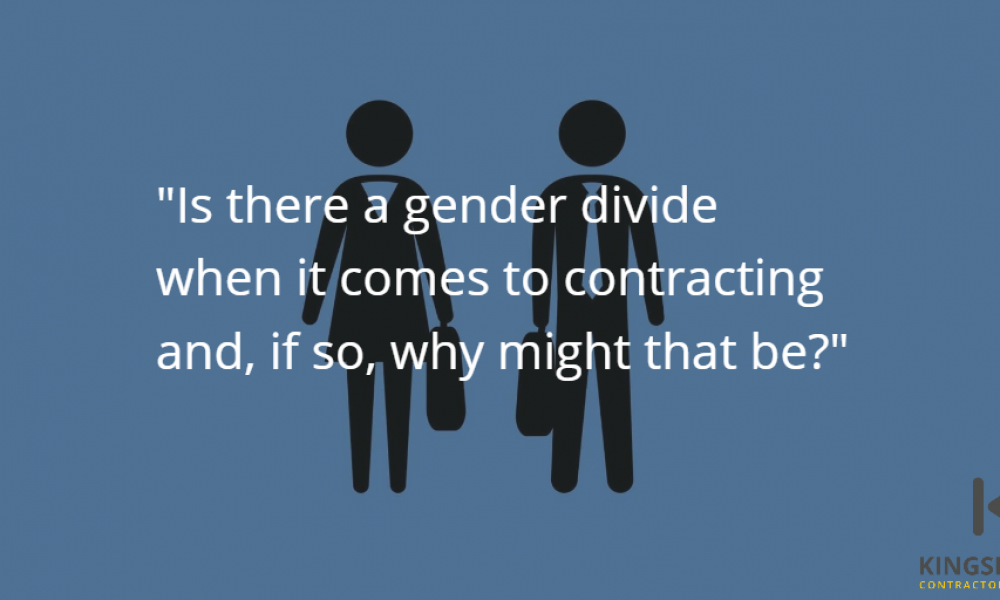Hidden costs you`ll need to consider as a freelancer
If you’re considering becoming a freelancer, regardless of the industry, there’s likely to be some hidden costs you might not…
The number of independent professionals – be they contractors or freelancers – is certainly on the rise in recent years,…

The number of independent professionals – be they contractors or freelancers – is certainly on the rise in recent years, with more and more people declaring themselves self-employed. But is there a gender divide when it comes to contracting, and if so, why might that be?
As we recently reported, there is a growing number of women taking to freelancing, with roughly 40% of freelancers identifying as female. Contracting is a slightly different story, however. Figures from across different sectors back in 2014, including IT and financial services, suggest around one in five contractors were women. Although we know numbers have grown in the last couple of years, they are not growing at the same pace as female freelancers – something we at Kingsbridge can attest to.
So why are women favoring freelancing over contracting? This could be down to a couple of reasons that perhaps demonstrate more ingrained gender divides across UK employment in general.
Although more and more women are entering STEM industries, these are traditionally male-dominated. If most people choose to begin contracting after several years of working as an employee, it stands to reason that more men would be contracting in these areas since more men have been working in them long-term.
However, this could undergo a fundamental shift in the not-too-distant future as young women are increasingly being encouraged to study STEM subjects at school to engage them more with these career paths.
Although contracting certainly is flexible, freelancing offers even more flexibility since you are usually working from home (or wherever you want, really), juggling as many or as few clients as you want. Contracting, on the other hand, will usually see you work for one client at a time, based in their office.
Although parenting responsibilities are becoming more evenly split, there is still a disproportionately large number of women who go part-time after having a baby compared to men. Around 38% of female freelancers are actually working mothers, which suggests that many women are opting for freelance roles because it fits well with the responsibilities of parenthood.
While flexible working has become commonplace in most businesses now, working parents ultimately have to negotiate their working hours with their managers, and they may not always be suitable.
As a freelancer, women can work as much or as little as they need to through the week, with hours that suit them and their family without having to clear it with anyone. It’s easy to see why many women may choose this option rather than staying as a part-time employee.
If current trends continue, we should begin to see the gender divide in contracting recede, with more women entering STEM industries and more feeling they are able to evenly share parenting responsibilities. However, changes like this tend to move slowly, so we are unlikely to notice significant changes in the short-term.
In the meantime, while we should celebrate the increasing number of women entering self-employment in general, it would be interesting to see if there are more immediate ways to bring more women into contracting roles.
Whether you’re a female contractor or male, if you need to speak to someone about your contractor insurance, contact the friendly Kingsbridge team on 01242 808740. Or you can take a peek at our website or get in touch with us over on our Twitter, Facebook, and LinkedIn pages.